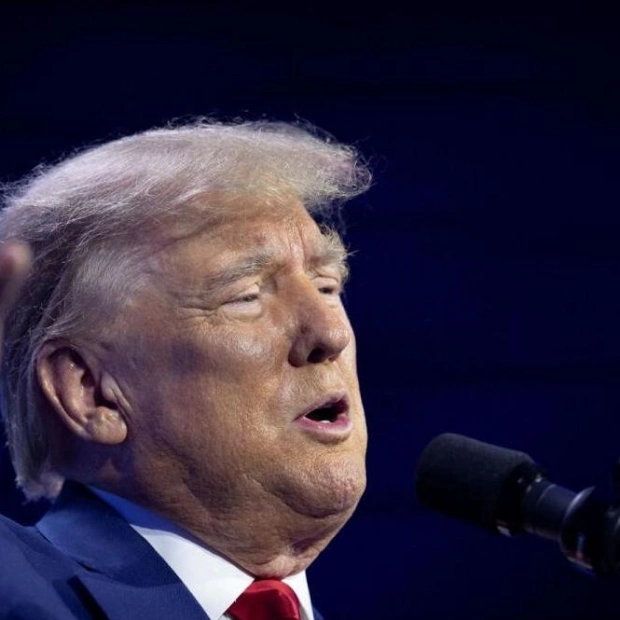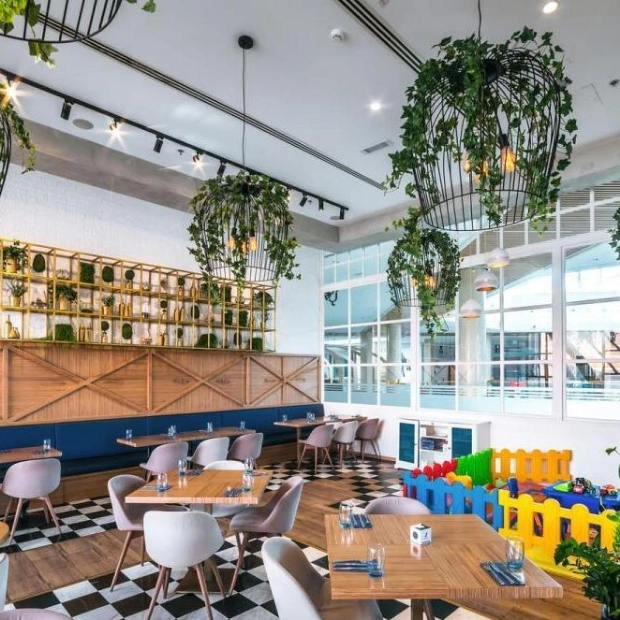Dubai's real estate market has experienced three growth cycles to date. However, it has also witnessed two periods of boom and bust – initially during the 2008 global financial crisis when the market first crashed, and again during the Covid-19 pandemic. After a three-and-a-half-year surge, industry insiders are optimistic that the market will not experience another bust but will instead grow at a slower, steadier pace. This is due to an increase in end-users and serious investors who are now investing in the local market.
As the third growth cycle concludes, experts are confident that another boom-bust cycle will not occur, thanks to crucial initiatives such as the Escrow account, the influx of millionaires, and end-users, which have significantly contributed to market stability. Industry experts believe that the property market has moved past the boom-bust cycles, having evolved into a more mature and regulated sector.
“Dubai's real estate market has dramatically transformed over the years, shifting from the volatile boom-bust cycles of the past to a more stable and sustainable growth path. This evolution is driven by various factors, including the implementation of robust regulatory frameworks, increased transparency, and a strategic focus on long-term economic diversification,” explained Hassan Hijazi, group CFO of Amwaj Development. He also noted that Dubai's appeal has expanded to a diverse range of investors, including high-net-worth individuals, institutional investors, and expats, who are attracted by the city's world-class infrastructure, strategic location, and innovative developments.
The legacy of Expo 2020 and various government initiatives, such as the Golden Visa program, have also been instrumental in attracting and retaining investors, solidifying Dubai's status as a global investment hub, according to Hijazi. Imran Farooq, CEO of Samana Developers, emphasized that over the past five decades, Dubai has built a robust economic infrastructure and multicultural society, making it inaccurate to label the city’s rise as “artificial or a balloon.”
“The city stands firm on its foundations. Dubai has demonstrated this to the world through successful global events like Dubai Expo 2020, UAE COP28, and its exemplary management of the Covid-19 pandemic. It is logical that Dubai's real estate sector has matured and moved beyond the boom-and-bust cycle,” stated Farooq. Yogesh Bulchandani, founder and CEO of Sunrise Capital, highlighted that Dubai’s real estate market has shown remarkable resilience, defying predictions of a slowdown.
While global property markets falter, prices in Dubai continue to rise, breaking away from the boom-bust cycles. The market’s strength is supported by buyers purchasing for occupancy, indicating that the previously transient nature of Dubai is diminishing. Demand remains robust from Europe (and the UK), India, and South Asia, with an influx of wealthy investors and foreign buyers, leading to a more stable and mature real estate landscape in Dubai, Bulchandani noted.
Samana Developers’s CEO does not foresee Dubai property prices dropping over the next five years due to the attractive returns it offers to investors. “We have observed an increase in investors from Europe, CIS, and China. All market segments are in high demand. Higher prices make the market attractive for foreign institutional investors, which helps Dubai further strengthen its real estate sector and benefit all stakeholders,” he added.
Dubai's relatively lower property prices compared to cities like Hong Kong, Singapore, and New York attract investors but do not guarantee immunity from market fluctuations, according to Bulchandani. “The current trend of sustained price increases might suggest maturity, but global economic interconnections and investor behavior still pose risks of cyclical trends,” he cautioned. Meanwhile, Hassan Hijazi pointed out that the lower property prices in Dubai provide a buffer against significant market corrections.
“This affordability, combined with the city's continuous development, safety, quality of life, and the government's proactive measures, makes the Dubai property market appealing to a wide range of investors and residents. Additionally, the government's proactive measures to regulate supply and demand dynamics ensure market stability. While some price adjustments are natural in any real estate cycle, the inherent value proposition of Dubai's property market positions it well to avoid major corrections, ensuring sustained investor confidence and market resilience,” concluded Hijazi.






